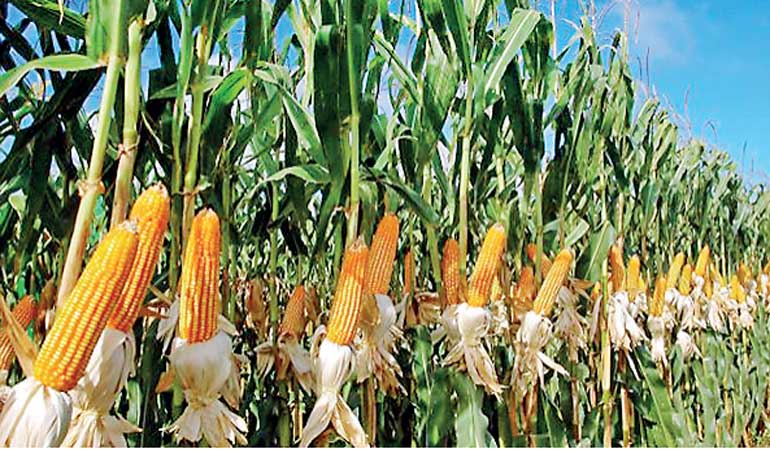Sunday Feb 15, 2026
Sunday Feb 15, 2026
Thursday, 16 November 2017 01:19 - - {{hitsCtrl.values.hits}}
 The recent Budget proposal to allow feed millers to import maize under a special limited quota to meet the shortfall in the local supply was hailed by poultry producers as a strongly positive measure that will support greater efficiency within the domestic industry, ultimately enabling stronger international competitiveness for Sri Lankan poultry producers in the ensuing year.
The recent Budget proposal to allow feed millers to import maize under a special limited quota to meet the shortfall in the local supply was hailed by poultry producers as a strongly positive measure that will support greater efficiency within the domestic industry, ultimately enabling stronger international competitiveness for Sri Lankan poultry producers in the ensuing year.
As one of the highest revenue generating agricultural industries for the Government, Crysbro Director Shafeek Samad said that this was a welcome move considering the previous shortage of maize had a crippling effect on the industry, putting not just the poultry farmers in jeopardy but also the local maize farmer because the industries are heavily inter-dependent.
Maize accounts for approximately 60% of raw material inputs for the poultry sector. Prior to the recently-announced reforms, the sector had been compelled to buy maize at Rs. 52 per kilo when it could be sourced at Rs. 35 per kilogram (CIF Colombo) when imported.
According to the Food and Agriculture Organization of the United Nations (FAO), Sri Lanka is forecasted to produce approximately 180,000 MT of maize by the end of the year which is a significantly lower volume compared to the actual requirement of 400,000 MT amounting to a 40% decrease from last year’s yield of 242,000 MT.
“This is an extremely timely intervention by the Government and a welcome one at that considering that the disposable income of citizens is increasing and as a result a surge in the demand for chicken can be expected. Before this intervention, the biggest challenge facing our industry was the shortage of maize as well as the available maize being exorbitantly priced making it virtually impossible to be competitive in the international market let alone operate in the local market without hiking the price of end product. Despite this, we had managed to maintain the market price at Rs.420 despite extreme protectionism and so we believe the State has duly rewarded us for being patient and efficient,” Samad expressed.
The local poultry industry continues to stand as one of the country’s most disciplined, well-organised and consistent tax payers compared to other livestock industries paying approximately Rs. 16 billion a year at Rs. 85 per kilo.
With the shortfall in supply rectified, Samad expressed renewed confidence in the ability for Crysbro to tap into new markets overseas while contributing further to the economy to retain its continuous growth momentum, while earning greater foreign exchange and generating increased job opportunities directly and indirectly.
Established in 1972 with just 100 chicks and a vision to become a market leader in terms of quality, freshness and innovation, Crysbro has grown at a steady pace and in the decades since, has emerged as Sri Lanka’s first and most sophisticated, fully vertically integrated poultry producer with operations spanning grand-parent, parent farms, hatcheries, broilers and feed mills.
This thriving ‘Farm-to-Fork’ concept has been at the core of our success, and which in turn has provided unprecedented support for numerous stakeholders including direct and indirect employees, out growers, domestic maize farmers, and ultimately, the Sri Lankan consumer.